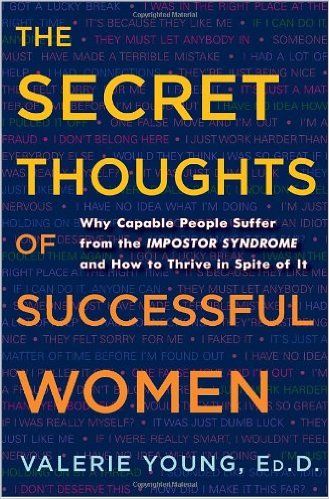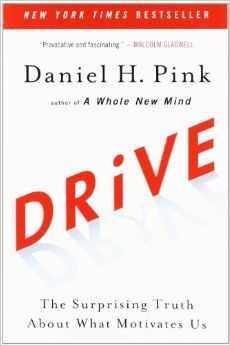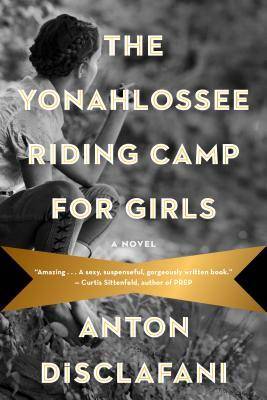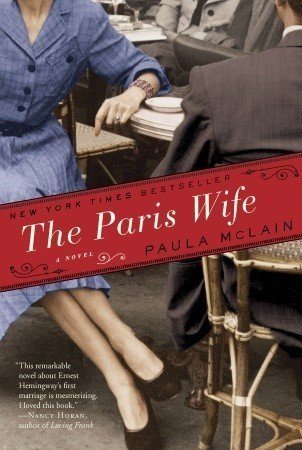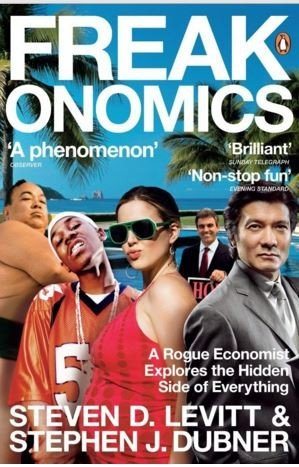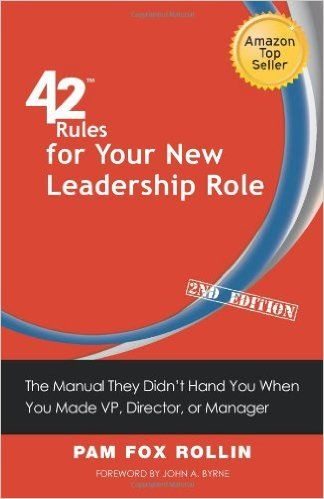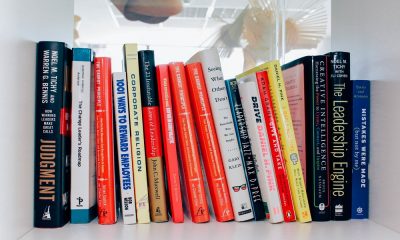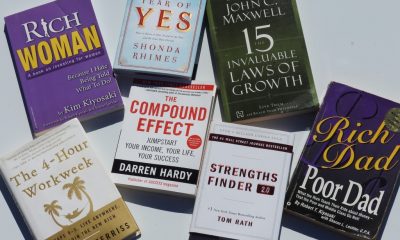10 Confidence Boosting Books for Women About Leadership
When my 10-year-old daughter told me she was studying stereotypes in school and had written an opinion piece on the pros and cons of single-sex education, I was filled with pride, and maybe just a little envy.
For many of us whose early education was not rich with conversations about gender roles and girl power, we have some catching up to do in order to fully appreciate who we are as women and what we have to offer.
I hope you’ll find the books below as validating, inspirational, and thought provoking as I have.
10 Confidence Boosting Books All Women Should Read
1. The Gifts of Imperfection by Brene Brown
I recently attended a Brene Brown workshop where every participant was asked to share a personal motto.
A single phrase we could use to quickly build confidence when we found ourselves needing a little extra courage.
As I heard the words “I belong at the table” I quickly adopted them as my own.
Brene tells us that whether you’re in the boardroom or the dining room, you’re worthy and you always belong.
There isn’t a person I know who wouldn’t benefit from her research on how the pursuit of excellence makes you resilient in the face of failure.
Whereas perfectionism can be devastating.
2. The Secret Thoughts of Successful Women: Why Capable People Suffer from the Impostor Syndrome and How to Thrive in Spite of It by Valerie Young
As girls, we grow up surrounded by messages of inadequacy.
With age and experience, we begin to recognize and name the negative stereotypes.
But how do we overcome them?
You’ll be dismayed by tales of highly accomplished women who doubt their abilities, and attribute their success to luck and circumstance.
Look around and you’ll find countless examples of the impostor syndrome close to home.
We know most women only apply for a job if they believe they’re 100 percent qualified (vs. men at 60 percent).
Women in the U.S. make roughly 75 cents on the dollar vs. their male counterparts.
What to do?
For starters, Young helps us identify and reverse our own patterns of self-doubt and self-imposed limitations.
3. Drive: The Surprising Truth About What Motivates Us by Daniel Pink
Pink pushes us to explore and understand how connection and meaning – not just money – motivate people.
We’re so inundated today with capitalism and consumerism that it can be easy to forget what rallies people around a common goal.
Luckily, purpose and collaboration are playing a larger role in today’s economy.
Just look at the rise of mission-driven companies, corporations giving back through social responsibility programs, and how readily millennials in particular, mobilize around worthy causes.
Intuition and personal connection are valued.
Pink’s work encourages us to explore links between motivation, meaning, and mastery, as a way to improve experiences: not only at work, but in schools, and at home.
4. The Yonahlossee Riding Camp for Girls by Anton DiSclafani
If you’ve ever been excluded, felt out of place, or found yourself suddenly uprooted, you’ll empathize with young Thea.
Her story begins with a sudden separation from her family, which leaves her stumbling in the unfamiliar routines of remote girls’ school.
Adding to the complicated feelings surrounding her struggle, she’s intentionally kept in the dark about what she’s done to deserve such an abrupt upheaval from a comfortable life.
Thea makes mistakes in both worlds, but don’t we all?
Imperfect and sheltered, yet spirited, she’s determined to tough it out until she gets it right.
Or as right as a teenage girl can.
5. Mindset by Carol Dweck
What’s a growth mindset?
Simply put, we can adopt one of two beliefs about ability, talent, and intelligence.
In the fixed mindset, you’re fortunate if you’re born smart and gifted.
You believe that things come easy or not at all, and it’s important to preserve the appearance of intelligence at all costs.
Contrast a growth mindset where achievement comes from hard work, and failure leads to learning.
Dweck cites countless examples demonstrating how people who are teed up with a growth mindset before taking on a task outperform the group that’s been told their ability is fixed.
The good news is you don’t have to be raised with a growth mindset, and it’s never too late to learn.
6. Talking from 9 to 5 by Deborah Tannen
Understanding what’s behind how and why men and women communicate differently can be empowering.
Ever felt frustrated at not being heard?
Or wondered why a male colleague got attention by repeating what you just said in a meeting?
Tannen can help you modify your approach – should you choose to do so.
She uses early childhood research to show us that these styles “begin at the beginning”, when preschool age boys and girls start to relate to one another. 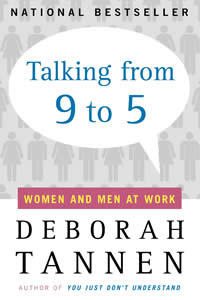
While girls play in inclusive, nurturing small groups; boys often compete, boast, and argue.
Girls prefer to focus on harmony, whereas the boys’ tendency was to argue until a winner emerged.
No offense guys!
7. The Paris Wife by Paula McLain
Some call Hemingway’s first wife, Hadley, loyal.
I suppose they would describe Hillary Clinton post Lewinsky the same way.
Try to refrain from passing judgment and enjoy the story of how this young, innocent mid-westerner fell for a penniless Hemingway.
Who’s to say why she allowed herself to reach near starvation in Paris while supporting his early writing.
If nothing else, read it for the prose.
I love Hemingway’s poetic yet truncated style, which McLain portrays beautifully.
As a bonus, you don’t have to wait for her next novel.
Circling the Sun came out earlier this year, about a couple of very strong-willed and spirited women in 1920’s Africa.
8. Freakonomics by Steven D. Levitt & Stephen J. Dubner
With great humor and unequaled storytelling skills, Levitt and Dubner teach us to rely on data vs. assumptions through the use of behavioral economics, while debunking all kinds of urban myths.
Should we care whether guns or swimming pools are more dangerous?
Will naming your kids Winner and Loser will influence their long term potential?
Maybe.
But more importantly, they remind us of the value of facts and critical thinking over impressions.
How easy it is to be swayed by popular beliefs.
If you love these counter-intuitive lessons, keep on learning with the Freakonomics podcast.
Good for office banter and cocktail party conversation, too.
9. Thirty Girls by Susan Minot
No matter exactly where or how you were raised, you can’t help but relate to the tragedy of the kidnapped girls, their families and community. 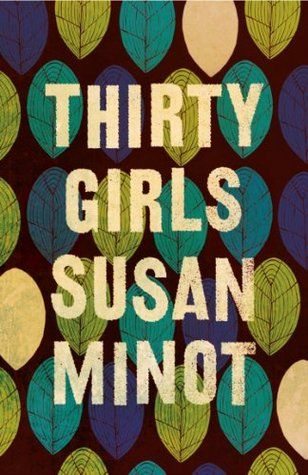
Susan Minot asks us to face a very brutal reality not only for these Nigerian girls, but by extension, girls around the world who are in trouble.
She reminds us that we cannot just stand by and watch.
We have an obligation to help.
10. 42 Rules for Your New Leadership Role by Pam Fox Rollin and Laura Lowell
As women move up in the corporate world, the ground shifts beneath us.
We’re forced to confront contradictions, like how to be forceful but not bossy, use intuition while remaining data driven, and show compassion without getting stepped on.
My favorite?
Rule 4, which includes a reminder that you can be wrong or misinformed, but you can’t be clueless.
No more perfectionism or analysis paralysis.
You’ve got to get informed fast, and ask forgiveness when you fail.
It’s all part of the game, and it’s time we learned the rules.
And what about my daughter?
Her current take is that girls’ schools are better than co-ed for some girls.
Especially those who need to limit distractions, the kind caused by boys.
She’s still gathering data, and for her the jury’s out.
One thing I do know is that, when she makes up her mind, she’ll make the right choice.
And I’ll be there to support her no matter what.
Grab any of these confidence boosting books and empower yourself today!
What are you waiting for?
There’s nothing like a good book to help smooth out any self-doubts.
Get yourself a copy of any of these wonderful books to remind yourself just how powerful and talented you are.

